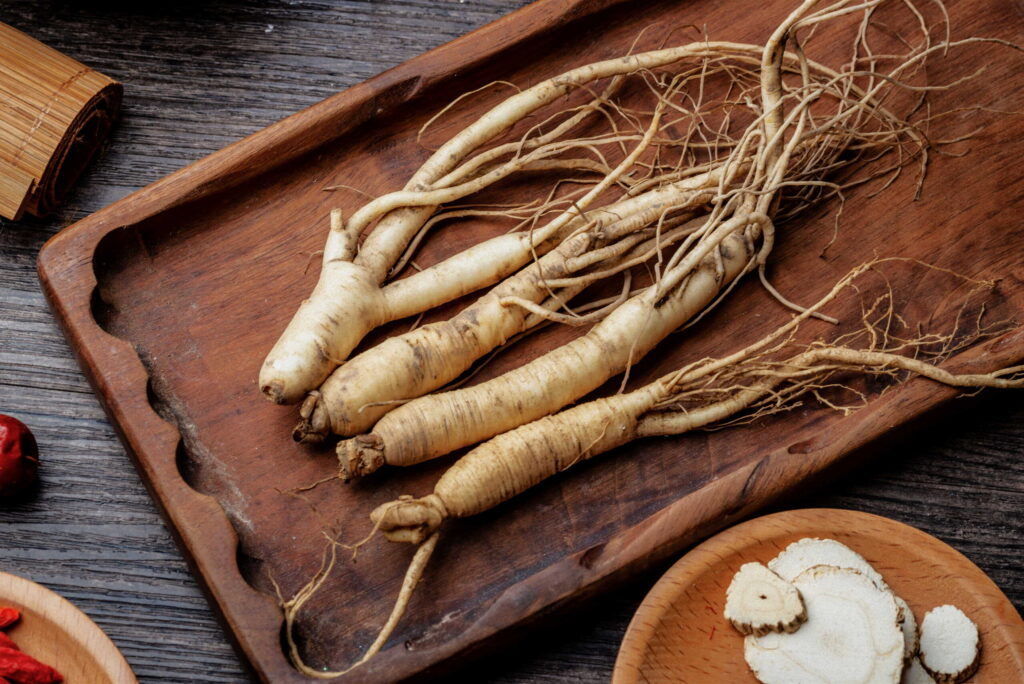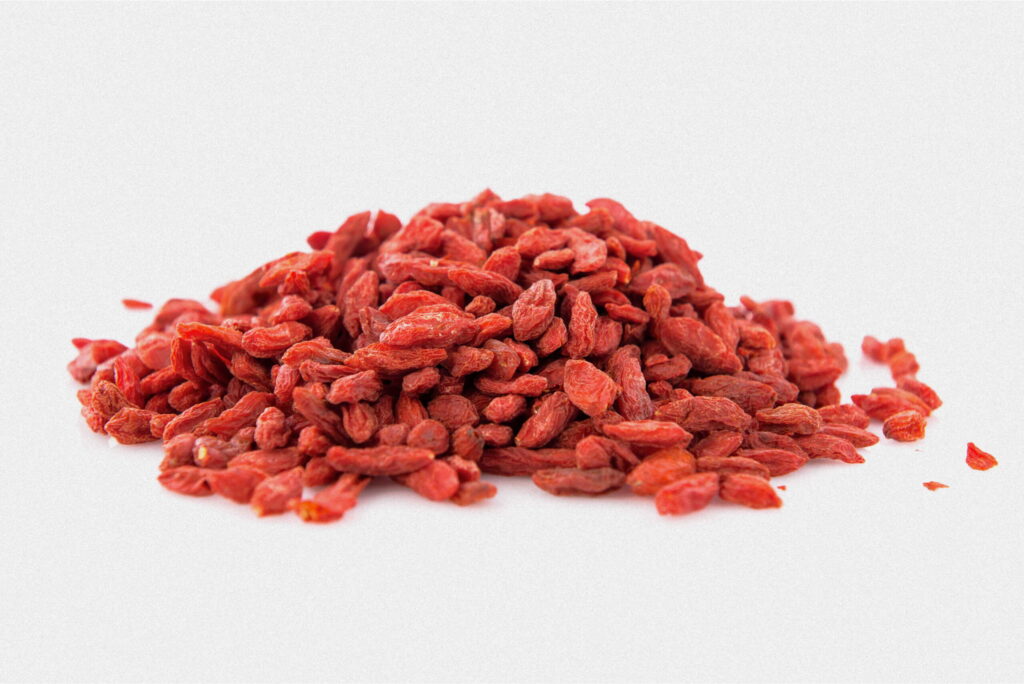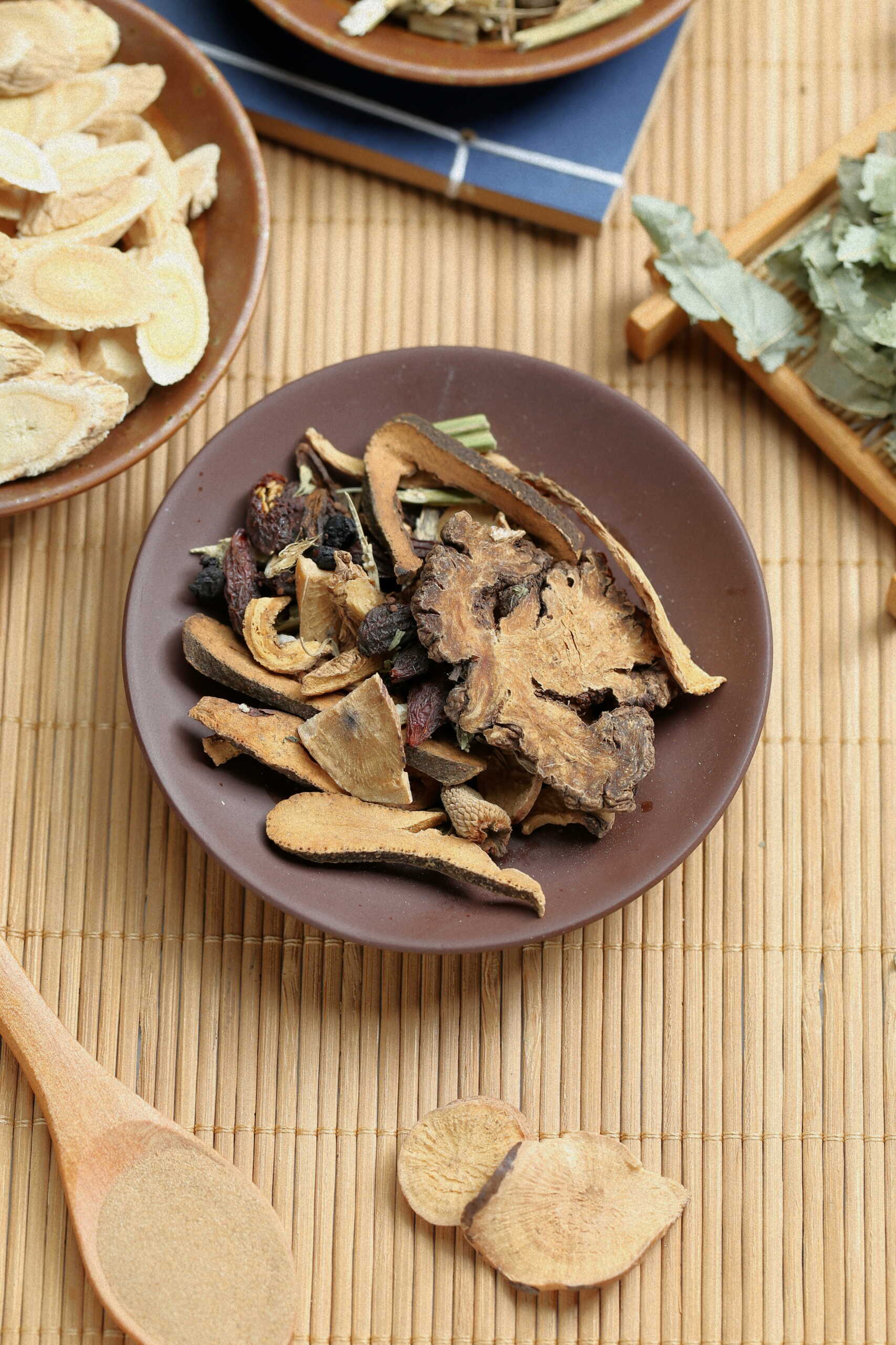TCM or Traditional Chinese Medicine takes a holistic approach to health, recognizing that imbalances between the body’s parts and the environment can manifest as illness.
While Western medicine excels at treating specific ailments, TCM offers a complementary approach.
This harmony is achieved through various practices, with herbal remedies considered a cornerstone.
But with so many options available, where do you even begin?
Fear not! This article will guide you to some of the most common TCM herbs and their potential benefits.
For centuries, TCM has focused on the concept of qi, the vital energy force that flows throughout our bodies.
When our qi is disrupted, disharmony and illness can follow.
TCM herbs aim to restore this balance and support our overall health.
But how exactly do these herbs work?
In TCM, the concept of yin and yang plays a central role.
Yin represents coolness and stillness, while yang represents warmth and activity.
TCM herbs are chosen based on their properties to nourish yin or invigorate yang, creating harmony within the body.

So, let’s delve into the fascinating world of TCM herbs and explore some of their potential benefits:
- Deer Antler: This unique remedy is not a herb. It is harvested from the immature antlers of deer. It is believed to nourish the yin, strengthen bones and muscles, and reduce fatigue.
- Cordyceps: Often referred to as a medicinal mushroom, cordyceps may support respiratory health, boost energy, and soothe the lungs.
- Fo-Ti: This revered herb, also known as he shou wu, is known as a “youth-giving tonic” and is valued for its ability to promote calmness, nourish the heart, and may even benefit sleep disorders.
- Ginseng: Perhaps the most famous TCM herb, ginseng is prized for its adaptogenic properties. These properties potentially help the body adapt to stress and improve overall well-being.
- Reishi: Often referred to as the “king of mushrooms,” reishi is used to nourish the heart, enhance vitality, and even reduce inflammation.
These are just a few examples, and the list goes on!
Other TCM staples include rehmannia (for kidney and liver function), bone broth (to nourish the body and support immunity), and goji berries (known for their antioxidant properties).
But TCM isn’t just about herbs!
It also incorporates unique foods like organ meats (believed to support the health of corresponding organs in the body) and miso paste (a fermented soybean product that may promote gut health).
Royal jelly, eggs, fish roe, and even seaweed play a role in TCM practices.
Royal jelly is considered a source of vitality, while eggs and fish roe are believed to replenish our essence.
On the other hand, seaweed is valued for its anti-inflammatory properties. It may offer potential benefits for chronic diseases.
Finally, we have schisandra, a berry known as the “fruit of five tastes” due to its unique flavor profile (sweet, sour, salty, bitter, and pungent).

In TCM, schisandra is used to restore internal balance and may even help us adapt to stress.
And remember chestnuts!
These warming nuts are believed to nourish the digestive system and may even support gut health.
Keep in mind, this is just a glimpse into the vast world of TCM herbs.
While many studies have been conducted on these herbs, it is important to consult with a qualified TCM practitioner before incorporating them into your routine.
However, with some exploration, you may discover the pathway to enhanced well-being. through the wisdom of Traditional Chinese Medicine.
Emphasize the importance of consulting a qualified TCM practitioner before using herbs.
Disclaimer
- It is intended for general informational purposes only: The information provided on BioKissed’s website and app, including but not limited to business opportunities, nutrition tips, healthy lifestyle tips, healthy lifestyle practice articles, nourishing recipes, and wellness articles (hereinafter collectively referred to as “Content”), is intended for general informational purposes only. The Content is not intended to be a substitute for professional business advice, medical advice, diagnosis, or treatment.
- It is solely at your own risk: BioKissed does not recommend or endorse any specific tests, physicians, products, procedures, opinions, or other information that may be mentioned on the website or app. Reliance on any information provided by BioKissed, its employees, contracted writers, or others appearing on the website or app at the invitation of BioKissed is solely at your own risk.
- BioKissed does not endorse or approve any views in the Content: BioKissed does not guarantee the accuracy, completeness, or usefulness of any Content, nor does it endorse any views expressed within the Content. The inclusion of any Content on BioKissed’s website or app does not imply endorsement or approval of such Content.
- You voluntarily assume all such risks: Before participating in any challenge, making significant lifestyle modifications, altering your dietary practices, or engaging in any related activities, it is advisable to assess your personal health and fitness levels. BioKissed expressly disclaims responsibility for the substances individuals choose to consume, and the company is not liable for any consequences, including those related to food allergies, resulting from such choices. By choosing to participate in any challenge, you acknowledge and agree that any such activities carry inherent risks, and you voluntarily assume all such risks, even if they arise from the negligence of BioKissed, its affiliates, or its members.
- BioKissed and its content providers disclaim any responsibility or liability for consequences: BioKissed and its content providers assume no responsibility or liability for any consequence relating directly or indirectly to any action or inaction you take based on the information found on or through BioKissed’s website or app.
- Read more
